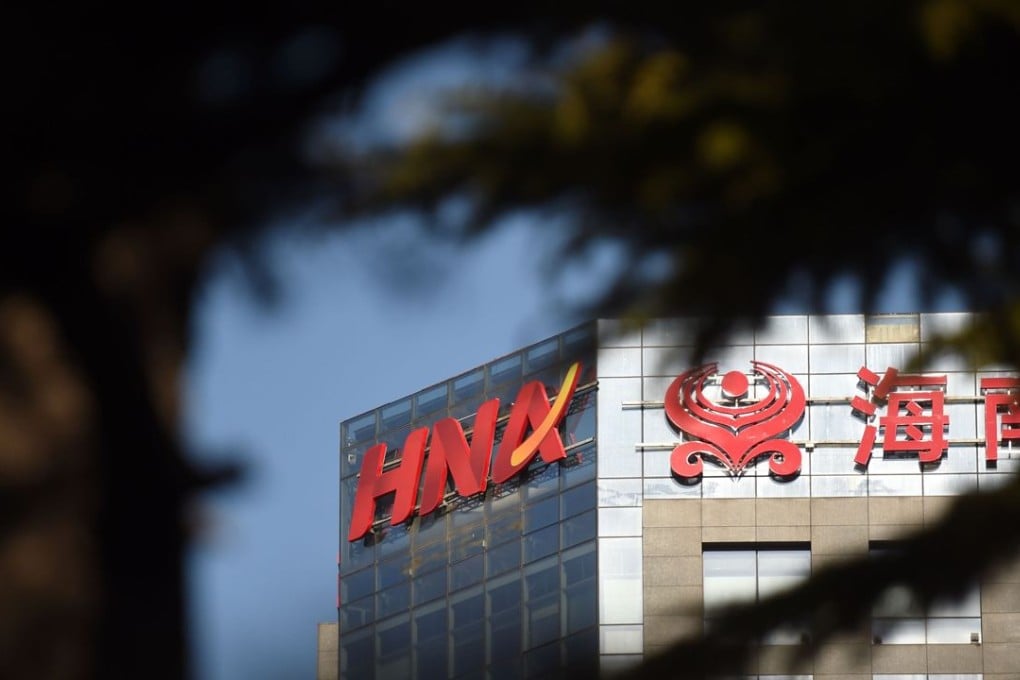China’s HNA sees US$6 billion deal for Ingram Micro as key part of ‘internationalisation process’

Chinese aviation and logistics conglomerate HNA Group is looking to make a big foray in the global information technology industry with its takeover of Ingram Micro, a US-based hi-tech products distributor, in a deal worth US$6 billion.
The cash transaction, which is expected to close in the second half of this year, would make Ingram Micro the largest enterprise in terms of revenue under HNA, which is based in the southern island-province of Hainan.
Shanghai-listed Tianjin Tianhai Investment Company, in which HNA is the controlling shareholder, on Thursday announced that it has agreed to purchase Ingram Micro for US$38.90 per share.
This represents a premium of about 39 per cent over the average closing share price of the US firm for the 30 trading days ended February 16.